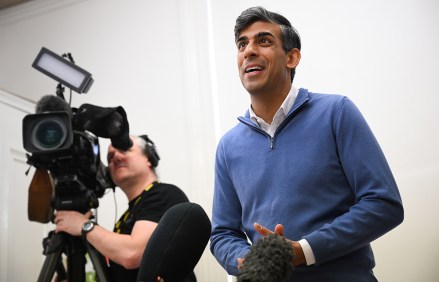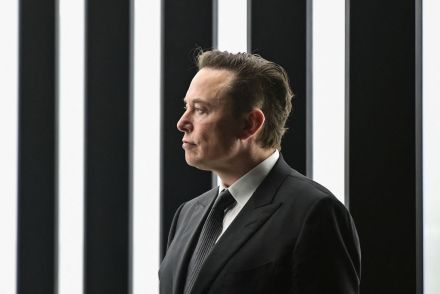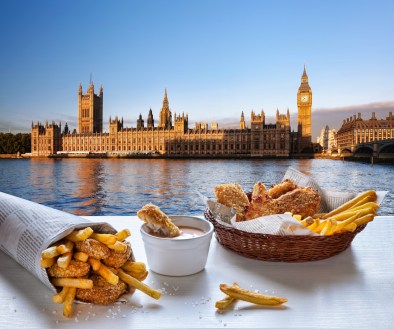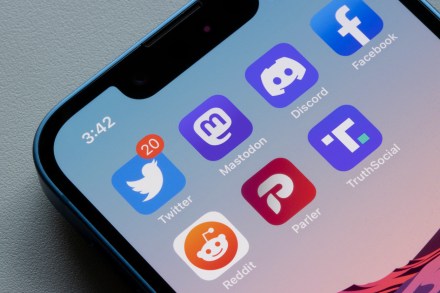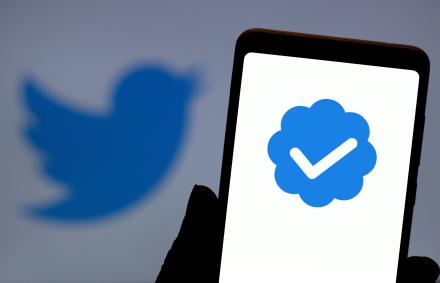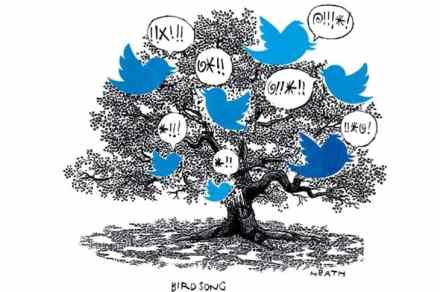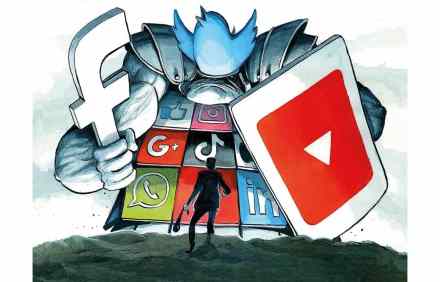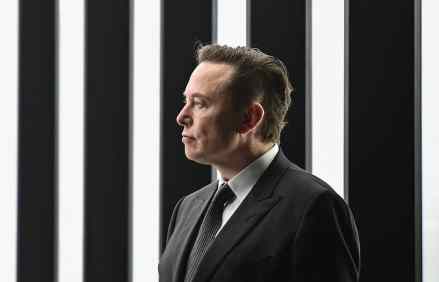The funny side of being cancelled
Douglas Is Cancelled, the new drama series on ITV, should come with a trigger warning – for me, anyway. Watching it brought back memories of my own cancellation six years ago, which I found so traumatic that I lost half a stone. Admittedly, the middle-aged white man at the centre of this drama (Hugh Bonneville) only has one position to lose – he’s a television presenter – whereas I lost five. But apart from that the similarities are uncanny. Did the writer, Steven Moffat, read the 5,000-word piece I wrote about my experience? Or do all cancellations follow the same pattern? Douglas’s trial begins when someone on Twitter says they






